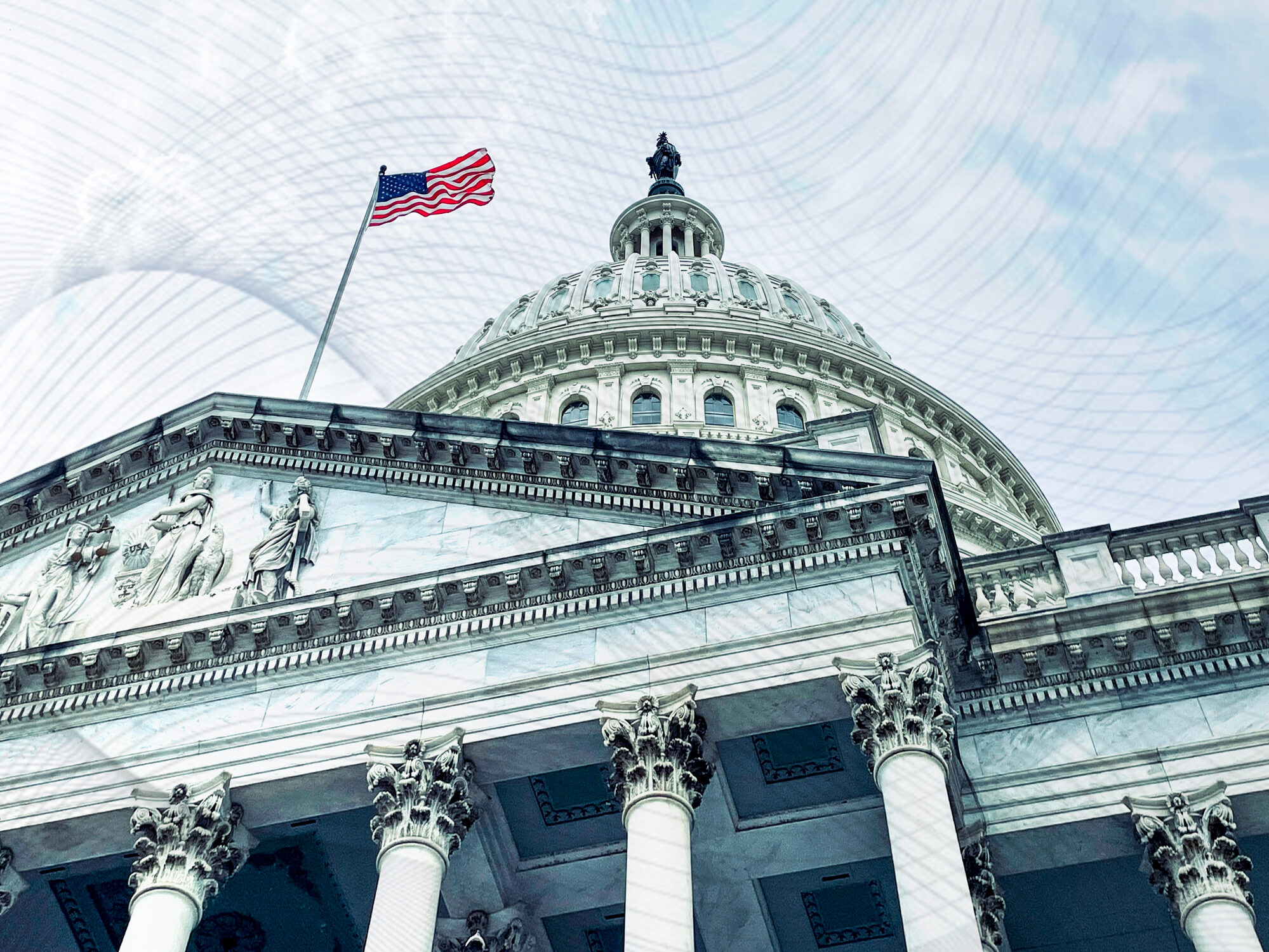
Temporary Fix to Lasting Reform: Advancing Fair Access the Right Way
Nov 13, 2025
Over the past several months, Americans for Free Markets (AFFM) has welcomed an important shift in how national policy addresses the interplay between financial institutions, regulatory oversight and consumer access. The federal momentum began with an executive order from President Trump, followed by a handful of bills introduced in Congress. Together, these actions underscore a changing social and policy perspective around what the government’s role in the financial sector should be.
Most recently, U.S. Senator Thom Tillis (R-NC) introduced the Ensuring Fair Access to Banking Act, which according to experts at the Cato Institute say the bill “aims to create ‘a strong federal fair access standard to [ensure] that no American or lawful business is denied banking services for political or ideological reasons.’”
Groups like Taxpayers Protection Alliance commend the senator for authoring this legislation, they also point to some necessary improvements to the legislation. For instance, it would let state attorneys general handle enforcement, which could invite political misuse by officials more focused on their own agendas than on consistent regulation. However, the bill’s introduction shows that Congress is serious about taking major steps to put lasting changes into permanent law.
In a research report earlier this year, the America First Policy Institute further emphasized the need for a federal fair access standard, stating, “It would be far preferable for states to support a fair and uniform federal standard that removes politics from the equation and enables banks to operate most efficiently.”
Senator Tillis’s leadership sends a clear message to regulators: equal access within the financial system is not optional. Transparency and modernization aren’t partisan issues, in fact, they’re essential for a competitive and robust economy. The more clarity there is in regulatory decision-making, the less room there is for bias, inconsistency or politically motivated exclusion.
This recent shift in rhetoric and policy was spearheaded by President Trump over the summer with his executive order, which declared no American should be denied banking access on the basis of political ideology. AFFM Executive Director David Ibsen recently went on Fox Business to talk about the legislative momentum created by President Trump’s actions, saying:
“What we’re seeing is [the] continuation of the process of the executive order being played out … Going forward, the most important thing is to make the efforts permanent, lasting and sustaining through actions from U.S. Treasury and also from Congress.”
As Ibsen states, a key for real change is to make it lasting and beyond just this administration. To do so, Congress must:
- Codify the removal of “reputation risk” into law so that it cannot be abused by regulators.
- Establish a national fair access standard that prohibits banks from making decisions based on politics or religion.
- Modernize outdated laws like the Bank Secrecy Act, including anti-money laundering laws and Know Your Customer rules.
- Protect the ability of financial institutions to make independent, sound business decisions, free from undue regulatory pressure.
What we are witnessing is more than political rhetoric. We are seeing a shift in the conversation and action. The executive order matters, but the real test will be whether these evolve into durable legal protections and a culture shift in the financial services industry that prevents improper government interference. At AFFM, we are committed to making sure grounded free market principles becomes reality.

